Meet Pano Fountas | Film Composer, Orchestrator & Pianist


We had the good fortune of connecting with Pano Fountas and we’ve shared our conversation below.
Hi Pano, why did you decide to pursue a creative path?
My career choice was the result of a conflict between reason and passion.
I started playing the piano when I was ten. I remember how eager I was to learn pieces fast, to see “what’s next”. Over time, I became increasingly interested in the orchestra, the different instrumental timbres, and how they are combined. After I got my first computer at the age of fourteen, I got a notation program to start composing. My passion for music was growing as I discovered the expressive capabilities of the piano, as well as the rich orchestral palette of classically inspired soundtracks. Music felt like a second language to the point where improvising on the piano or composing melodies was my natural reaction to emotional stimulation. I used to read novels and make up musical themes for every individual character or improvise pieces about life events.
Meanwhile, my family encouraged me to pursue a more sustainable career. During my first year of Math studies at Athens University, I felt increasingly torn between mathematics and music. Eventually, I decided to drop out of university and pursue a music career. Despite all the disappointments I have experienced since then, I am glad I made that decision. Composing music feels like a natural extension of my personality, and I am blessed that my job and passion are the same.
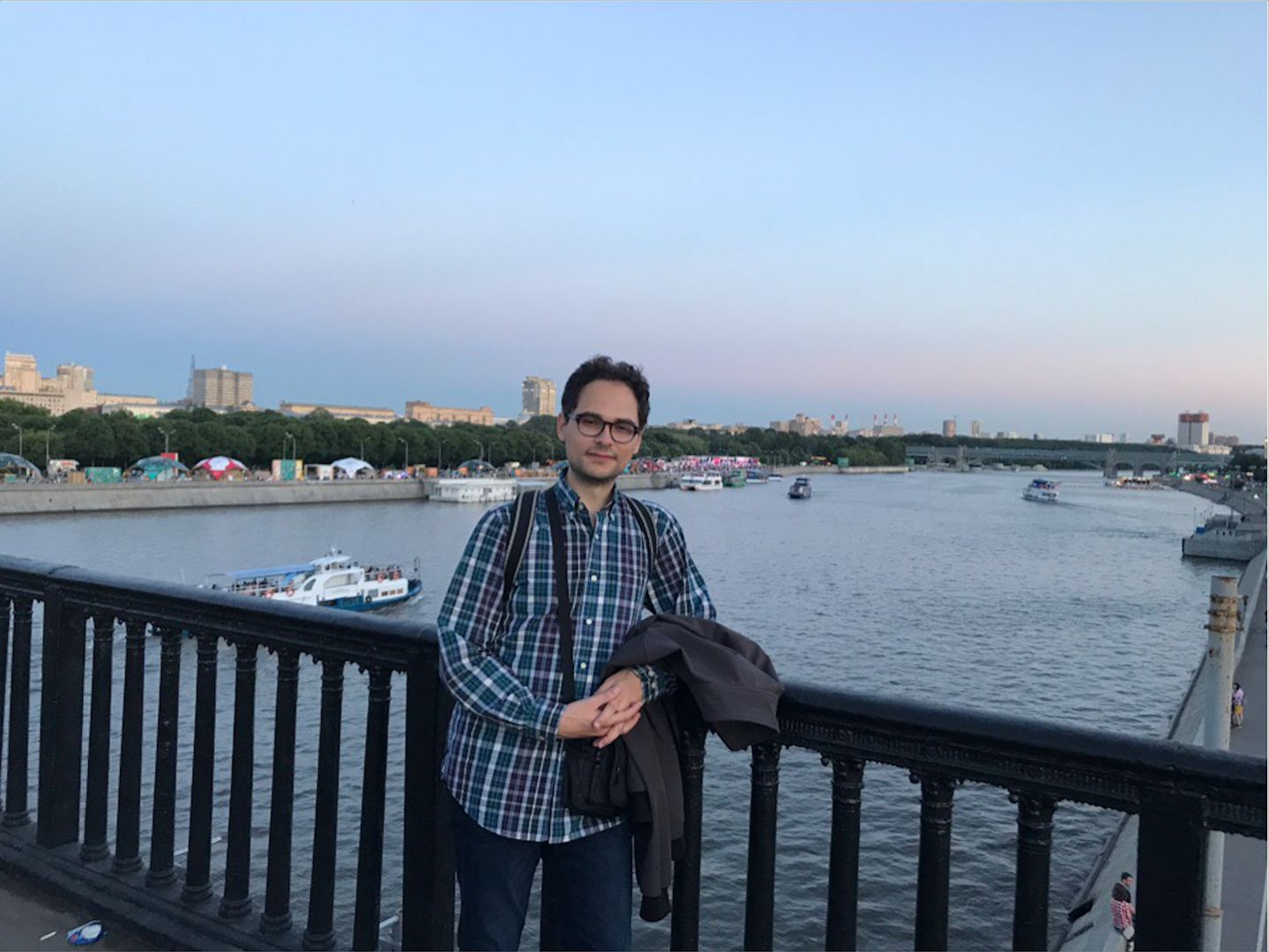
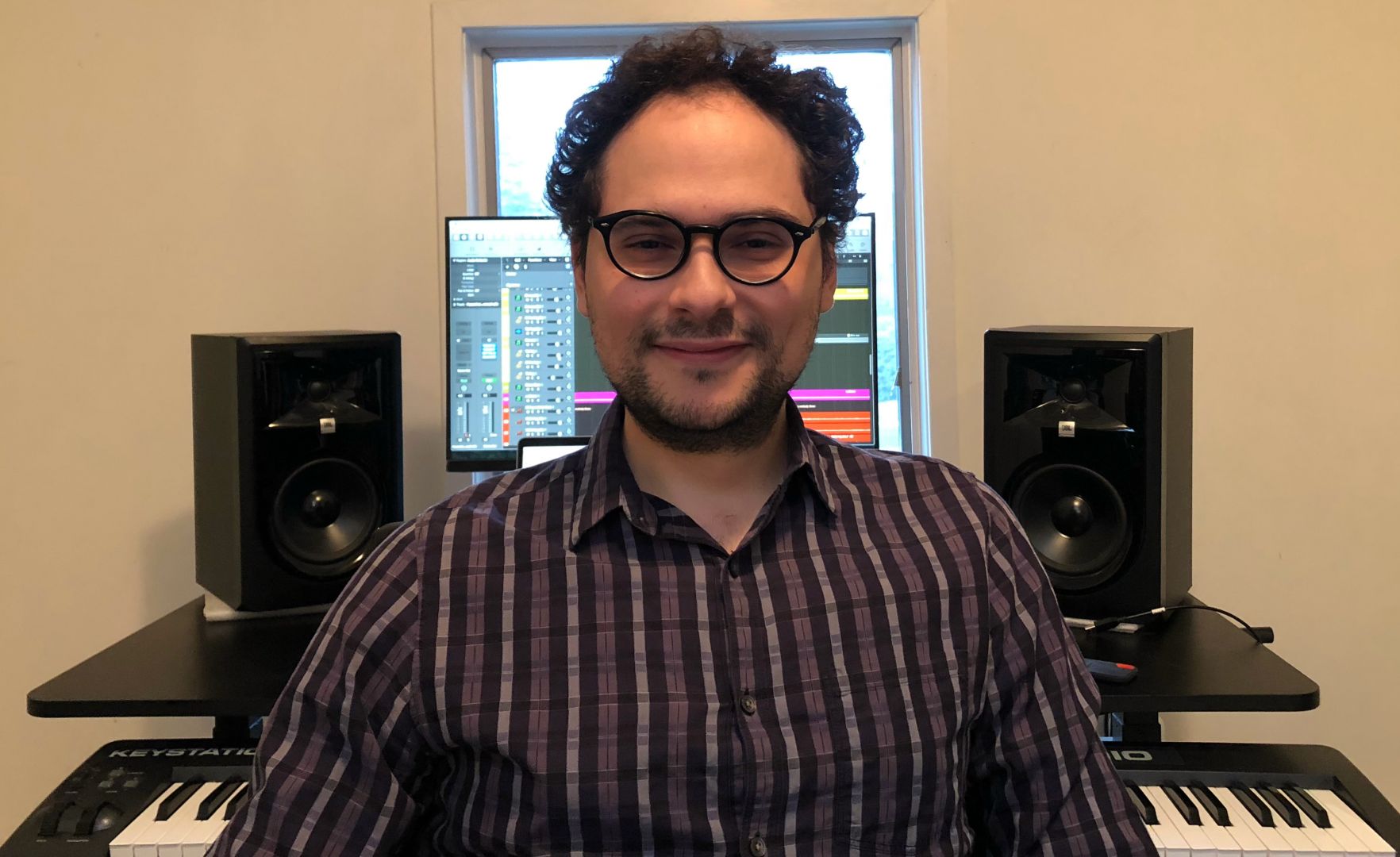
Can you open up a bit about your work and career? We’re big fans and we’d love for our community to learn more about your work.
Setting yourself apart in an oversaturated industry is a challenge. The current film music world represents a mosaic of different cultures and genres. More and more people from various backgrounds are writing music for media. Consequently, the key to forging your path lies in your ability to absorb all those influences while having your personal and cultural identity as a point of reference.
My work reflects an amalgamation of influences. On one hand, it combines symphonic tradition with modern cinematic aesthetics. I draw inspiration from various sources ranging from Mozart to 20th-century avant-garde. Combining elements from different genres to create something of my own is intellectually stimulating and serves as a powerful storytelling tool. Through my music, I pay homage to my musical idols, composers like Prokofiev, Stravinsky, Ravel, John Williams, Bernard Herrmann, and Don Davis, among others. At the same time, I am a product of my time and cannot help but seek new ways to express myself. To quote the legendary arranger Nelson Riddle: “ We are ourselves when we mirror the people whom we admire and, hopefully, we contribute some of ourselves to some of the material we borrow…before passing it on…” On the other hand, growing up in Greece, I inherited a diverse musical tradition that became an integral part of my identity. For a recent work premiering at the Athens Concert Hall this spring, I decided to take melodies from Greek dances and transform them using western harmony.
The orchestra is an inexhaustible source of color and can be combined in endless ways with modern synthesizers and soundscapes. I had a thrilling experience scoring the upcoming historical drama 1805. My team and I recorded the score with the Budapest Strings Orchestra and combined live material with sampled flutes, percussion, and cello that we manipulated using production effects. The score also contains a lot of extended techniques and textures that were fun to write and notate for live orchestra.
Getting where I am today was not easy. Coming from an average Greek family, I have struggled with the cost of living and studying in the US. Thankfully, I had the honor to receive the Alan Menken scholarship, which helped me make it to the end of my second year at NYU. This award was special to me because Alan’s music is part of a tradition that has profoundly influenced my musical taste. During times of uncertainty, I turned to the movies of my childhood for inspiration and would not be here without their influence.
Dealing with rejection seems to be the most challenging aspect of a career in this industry. I have always tried to turn rejection into motivation. Being turned down has motivated me to polish my resume or work on my production skills. Making mistakes is the only way to learn. For this reason, it is valuable to have friends in the same field who share similar concerns and career aspirations. I often ask my composer friends for advice on topics ranging from sample libraries to composer contracts. I am also blessed to have had great mentors who have always been willing to share their advice and wisdom. At NYU, I got the chance to study and work with some of the best in the industry.
One key takeaway from my work experience is the value of having good collaborators. Since September 2020, I have been working with three gifted composers whom I met at NYU. I could not have imagined that working as a team would be so efficient and inspiring. Coming from contrasting backgrounds, we are constantly pushing the boundaries of compositional collaboration. Another important lesson I learned was to be open. Being a classically oriented composer, I initially experienced difficulties responding to different stylistic demands. Opening myself up to numerous influences, sounds, and ideas around me positively affected my creativity. A composer’s voice will always come through no matter the genre they write in, the same way you recognize someone’s voice whether they speak English or Greek.
Working with a visionary director who values the contribution of music to visual storytelling is the greatest gift. I have had the fortune to collaborate with filmmakers who have a keen sense of musical dramaturgy and treat composers as co-authors who bring another dimension to their filmic world. Working with such collaborators fills me with joy and gives me a reason to continue telling stories through music.
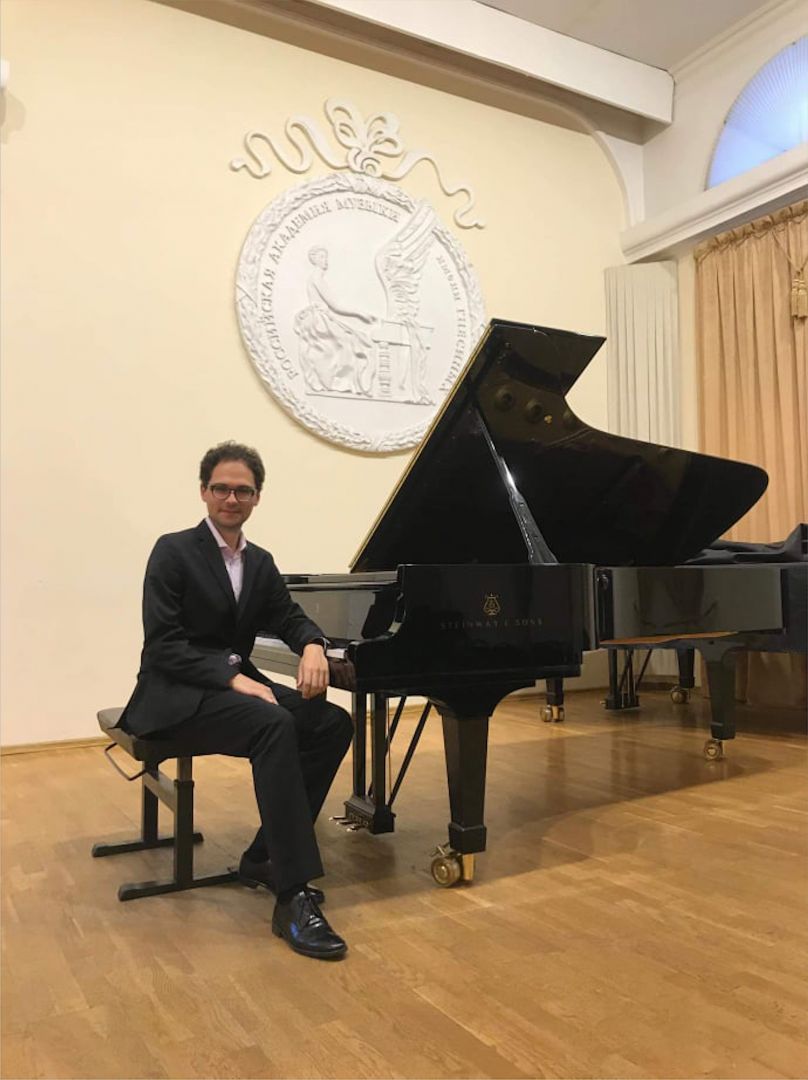
Let’s say your best friend was visiting the area and you wanted to show them the best time ever. Where would you take them? Give us a little itinerary – say it was a week long trip, where would you eat, drink, visit, hang out, etc.
I would take them for a walk on one of the city’s gorgeous beaches. Having said that, I am a homebody, so maybe I would prefer to sit on the balcony and have a chat over a glass of wine.
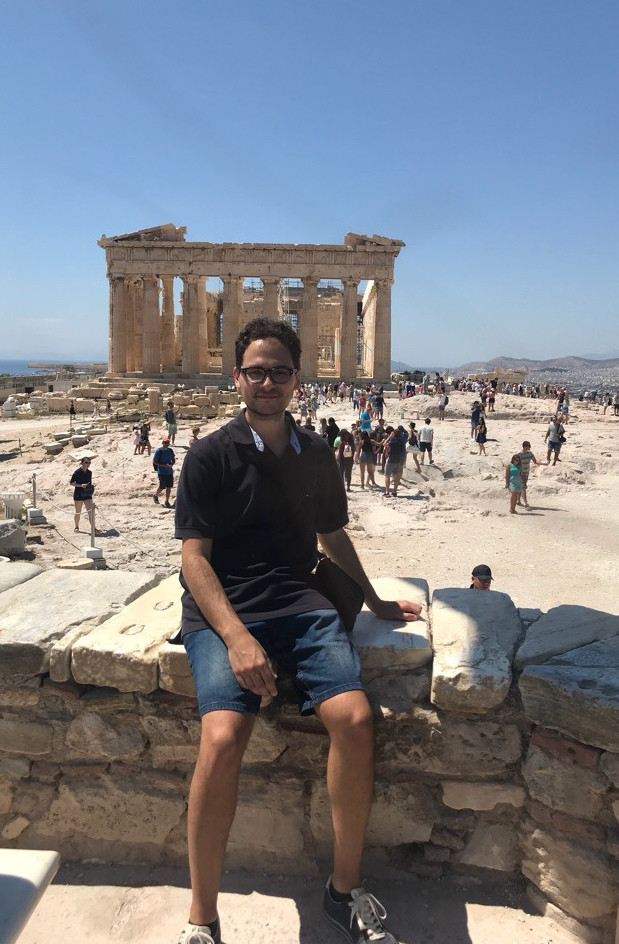
Shoutout is all about shouting out others who you feel deserve additional recognition and exposure. Who would you like to shoutout?
I would not be here without the support of my family and friends, who have been on board with every life-changing decision I have made. They have been with me throughout my journey and always had my back during tumultuous periods of my life. I am also grateful to all my mentors and collaborators who have played a key role in helping me become the composer I am today.
My shoutout is dedicated to my teammates, Pierce, Fadi, and George, who helped me discover the joy of collaboration.
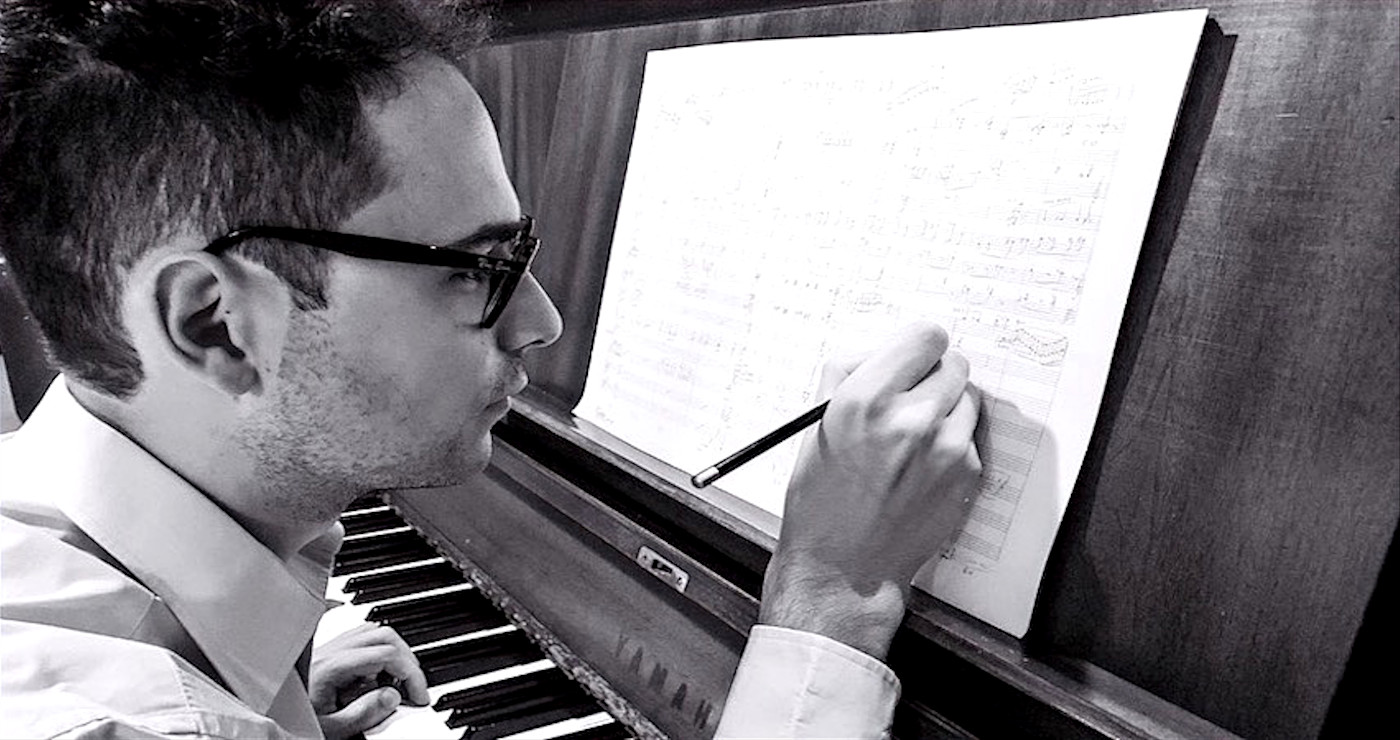
Website: https://www.panofountas.com
Instagram: https://www.instagram.com/panofountas/
Linkedin: https://www.linkedin.com/in/pano-fountas-5933b2197/
Image Credits
Carolyn Angelina Photography
